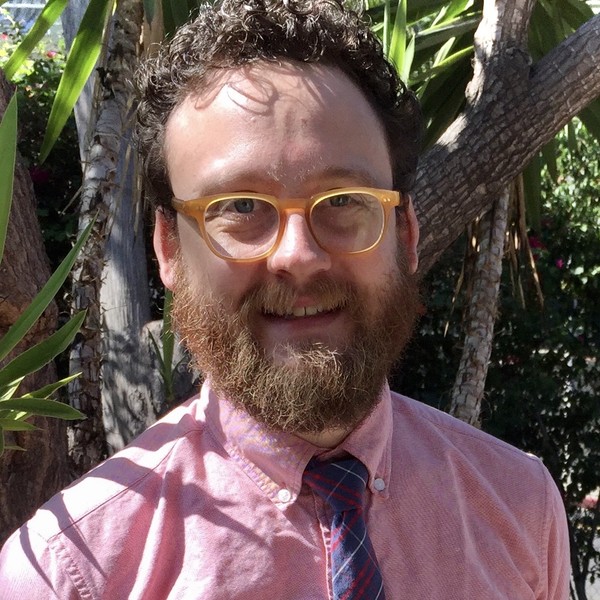
Major(s): Physics
What is your current role? What was your journey in arriving there?
Chief Medical Officer – Planned Parenthood Pasadena & San Gabriel Valley
Director of Women’s Health – Los Angeles County Correctional Health Services
I majored in Physics at Wesleyan with a second concentration in Anthropology but could not find a practical application for my academic interests. I decided to go to medical school junior year, seeing that such a career would merge my interest in science and desire for human interaction, so I began completing pre-med requirements. Post-college I took organic chemistry at my hometown institution, University at Albany, while working in a laboratory at a fertility clinic. I went to medical school 3 years after graduating from Wesleyan, once more unsure of how to specialize. I studied health disparities in Oaxaca, Mexico, and infectious diseases in the Amazon of Peru, but found that my true interest was in reproductive health. After a residency in Obstetrics & Gynecology at Beth Israel in New York, I completed a fellowship in Complex Family Planning at USC while providing prenatal and gynecological care at the LA county jail. In fellowship, I honed my skills both as a clinician and as an advocate, training with Physician for Reproductive Health and broadening my understanding of the medical system and the role of Reproductive Justice. I also completed a master’s degree in clinical research. I began my current roles directly after fellowship.
What do you enjoy about your work? What do you struggle with?
There are many obstacles working within medical and carceral structures that have systematically ignored the needs of vulnerable and marginalized groups. I love the work, though, as I am providing essential services and powerful advocacy for those in need. Comprehensive sexual and reproductive care including abortion; efforts to overcome inequities due to race, gender, sexuality, and incarceration; educating the next generation of physicians and advanced practice clinicians – all have become essential and defining parts of my personal and professional identity.
Do you have any advice for students thinking about entering your industry?
Do not underestimate the power of physicians and health professionals in advocating for individuals and marginalized groups both within the medical systems and in society as a whole. There are many ways to engage with and improve upon these systems as an undergraduate or medical student and as a resident.
How did your time at Wesleyan influence your career choice/journey?
My college experience allowed me to engage in varied academic pursuits, studying a broad section of scientific, social, and artistic subjects. Surrounded by students and professors that fostered self-reflection and social progress, I felt empowered and encouraged to pursue a demanding career in medicine without forgoing a dedication to equity and justice. I feel privileged to have attended Wesleyan, and while at Wesleyan, I began to understand the power that comes from my race, my gender, and my elite education. In college, I learned to identify disprivilege and disparity, which has led me later in life to analyze systemic failures, own my role in perpetuating inequity and utilize my inherent and learned power to enact change.
Updated as of February 27, 2024

